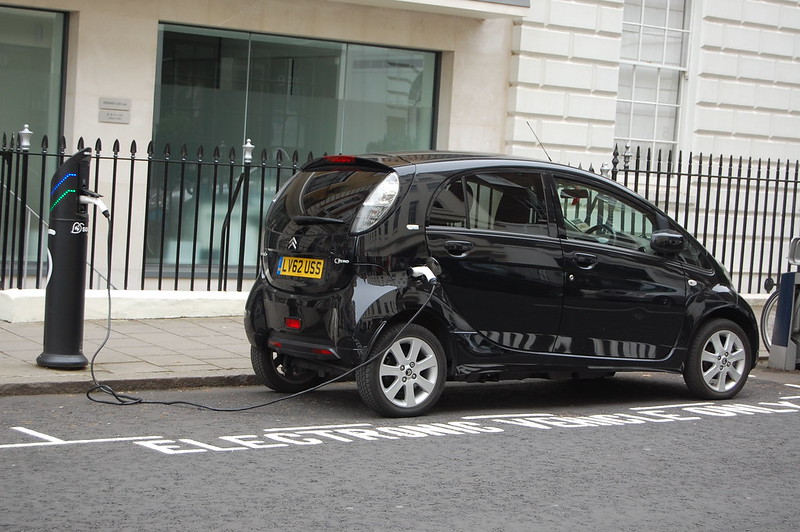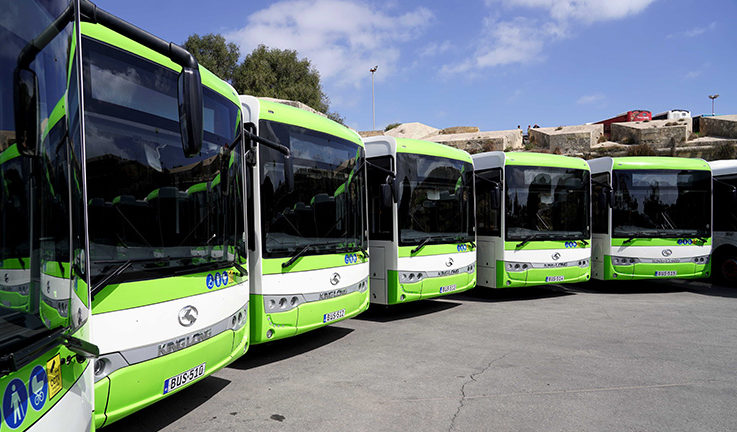
Photo: Simopala (Flickr)
EV charging costs in UK set for sharp increase
01 September 2022
by Christopher Carey
The UK’s energy price cap rise – set to be introduced in October – will almost double the cost of charging some EV models, according to automotive group RAC.
Petrol prices have fallen in recent weeks and stand at £1.70 (US$1.97) per litre, but the standard electricity tariff is set to rise from £0.28 kWh to £0.52 kWh on 1 October.
“The impact of the energy price cap increase will certainly be felt by drivers who charge their electric cars at home, with a full charge of a typical family-sized electric SUV costing 84 percent more from October 1 than it does under the current cap,” said RAC spokesperson Rod Dennis.
“Despite recent falls in the price of petrol and diesel, the cost of charging at home is still good value compared to paying for either fuel, but again underlines just how the rising cost of electricity is affecting so many areas of people’s lives.
“We’re also aware that public charge point operators are having no choice but to increase their prices to reflect the rising wholesale costs they’re faced with, which will heavily impact drivers who have no choice other than to charge up away from home.”
The group estimates the cost of a full charge at home for an EV with a 64 kilowatt-hour battery – such as a Kia e-Niro – will be £33.80 under the new cap. That is compared with £18.37 under the current cap and £13.69 for last winter’s price limit.
A survey by UK consumer group Which? earlier this year found that 51 percent of EV owners bought their car because of the lower running costs that EVs can offer.
But as EVs are typically more expensive to buy than their petrol and diesel equivalents, consumers now face higher costs across the board.
“A big part of the electric vehicle appeal has always been lower running costs, but these price rises could jeopardise more people making the switch to electric cars,” said Emily Seymour, Which? Energy Sustainability Editor.
“Many non-hybrid petrol drivers will still save money by switching to electric, but for many diesel drivers that now won’t be the case.”
There are an estimated 477,000 electric cars on the road in the UK and more than 790,000 plug-in hybrids.
This figure is expected to increase as the UK is set to ban sales of new petrol and diesel cars from 2030.
Public charging
Almost every public charge point operator in the UK has already increased prices this year – some by 15 percent or more – and there are concerns further price hikes are on the way.
Last week the UK government announced £20 million in funding for 1,000 new on-street EV charging points.
The charge points will be built in nine local authorities across England including Durham, Dorset, Kent, Lincolnshire, Barnet, North Yorkshire, Nottinghamshire, Suffolk, and Warrington.
UK Transport Minister Trudy Harrison said: “We want to expand and grow our world-leading network of EV charge points, working closely with industry and local government, making it even easier for those without driveways to charge their electric vehicles and support the switch to cleaner travel.”
As of 1 July 2022, there were 32,011 public electric vehicle charge points across the country, 5,974 of which were rapid charge points.
The new 1,000 on-street charge points will be in addition to the 2,869 installed so far by local authorities that successfully applied for grants through the On-Street Residential Chargepoint Scheme (ORCS).
Image: Simopala (Flickr)











